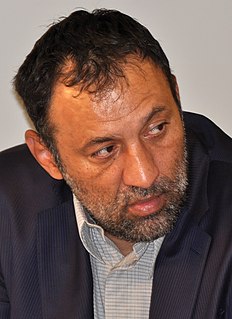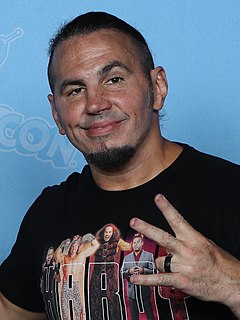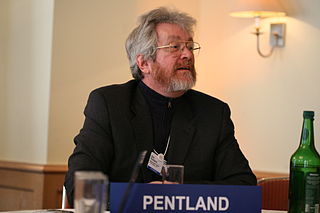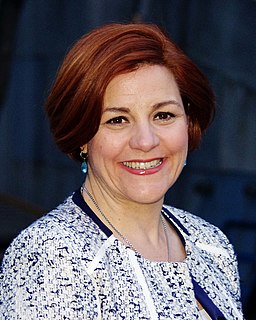A Quote by Emir Kusturica
At a certain moment, Yugoslavia stopped being rational, and then you end up going to war.
Related Quotes
I want to say, and this is very important: at the end we lucked out. It was luck that prevented nuclear war. We came that close to nuclear war at the end. Rational individuals: Kennedy was rational; Khrushchev was rational; Castro was rational. Rational individuals came that close to total destruction of their societies. And that danger exists today.
The rottenness of politics in Yugoslavia didn't come as a surprise. The main lesson is that this is a war which could have easily been stopped by Europe. What was lacking was any will to do so. It's an irony of the achievement of Europe that it had lived for 40 years under the assumption of the unimaginability of internal wars, so it didn't know what to do with it when it was confronted with one close up.
You get to a certain moment where you realize all those humans who landed on the moon did so in between Chris [Nolan] being born and me being born and no one had gone back since, all these Super-8 films we grew up watching of rocket launches, you get to a certain age and you realize all the speeches about going back, they're speeches, there's no money there, we're not going back.
Patience is a virtue, but there comes a moment when you must stop being patient and take the day by the throat and shake it. If it fights back; fine. I'd rather end up bloody at the end of the day, then unhurt with no progress made, no knowledge gained. I'd rather have a no, then nothing. I'd forgotten that about myself.
Near the end of the 1700s, philosophers began to declare that humans were rational individuals. People were flattered by being recognized as individuals, and by being called rational, and the idea soon wormed its way into the belief systems of nearly everyone in the upper class. Despite resistance from Church and State, the idea of rational individuality replaced the assumption that truth comes only from god and king.
Now at this very moment I knew that the United States was in the war, up to the neck and in to the death. So we had won after all! ... How long the war would last or in what fashion it would end no man could tell, nor did I at this moment care ... We should not be wiped out. Our history would not come to an end ... Hitler's fate was sealed. Mussolini's fate was sealed. As for the Japanese, they would be ground to a powder. All the rest was merely the proper application of overwhelming force.
I'm fascinated by the First World War because it was supposed to be the war to end all wars, and it was the biggest conflagration that this particular planet had seen. There was a lot of talk about utopia and how it was possible, and then, because of these events that for one reason or another couldn't be stopped, the idea of utopia went out the window.
I try to not think too much about how stuff gets seen as it's being done by a woman. Because if you think about it, then you end up thinking about how you're acting, and if you are thinking about how you're acting, then you are preoccupied and you're going to end up being insincere. You're kind of not present.






































